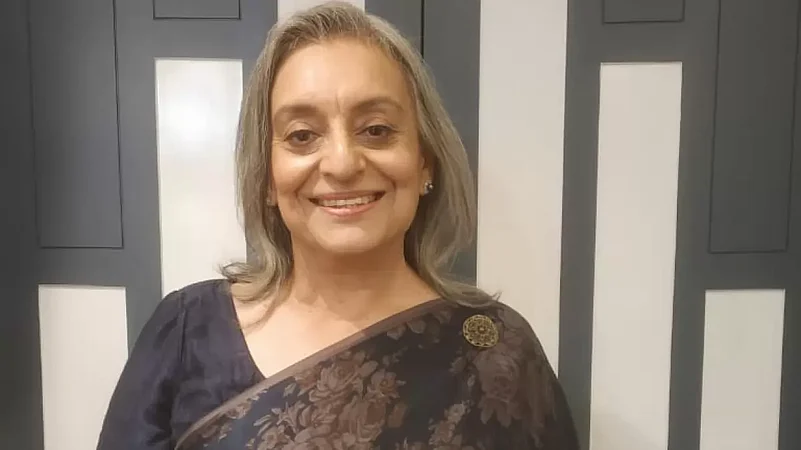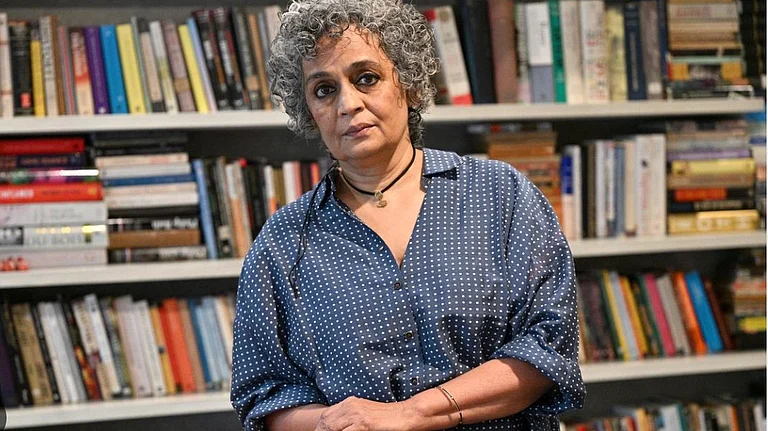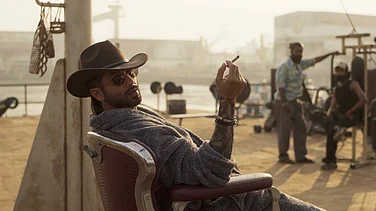Veteran actor Sohaila Kapur, niece of late legendary actor Dev Anand and youngest sister of filmmaker Shekhar Kapur, is currently seen in a teleplay titled “Where did I leave my Purdah” by Zee Theatre. 'Where Did I leave my Purdah' is a drama that follows the life of Nazia, a veteran theatre actor, and founder of the Modern Theatre, who is now reduced to playing the grandmother in films. As the play unfolds, it reveals the true vulnerability and pain that drives Nazia's art.
The teleplay also stars Divya Dutta, Swara Bhasker, Sunil Palwal, Deepal Doshi. Kapur, who is a writer/playwright/actress and director, has also been part of films like ‘Phantom’, ‘Tadap’ and web series like ‘Arya’, ‘The Family Man’, ‘Bhaukaal’ and ‘Special Ops.’
In this conversation with the writer, she talks about Purdah as the play's context and women stories.
Excerpts from the interview:
Q. What was it like to work with so many gifted female actors?
Ans: It was a challenge as well as a pleasure. We were polite and friendly with each other and they were supportive in my scenes with them. Never had the time in that busy schedule to establish any camaraderie, although Divya and Swara knew each other from before, I think.
Q. Do you think the teleplay makes some very relevant points about gender violence and its deep impact on women?
Ans: It makes relevant points on violence in general, gender included. The lies and deception perpetrated by my character are also a kind of violence
Q. As an actor, did you relate to the teleplay's theme of artistic exploration?
Ans: Yes I did. It was wonderful the way Mahesh Dattani explored ambition and sibling rivalry with the Partition as the backdrop.
Q. The title of the play is very intriguing and raises eyebrows too especially in times like now when social media has become the safest tool to criticize, why do you think ‘Where did I leave my purdah’ holds relevance in today’s time
Ans: Purdah in the play's context also symbolizes restraint, the subliminal...all of which was thrown to the winds during the violence of the Partition which brought the fight for survival and anything that supported that, to the fore. Perhaps we are going through similar times where again survival rather than humanity, has taken precedence.
Q. Coming from a film family and being related to some of the stalwarts of the industry, you must have seen the industry very closely. What do you have to say about the representation of women in today’s time and showing stories that positively start conversations around them?
Ans: Stories with powerful women characters are slowly becoming the norm, yes. But these are characters of women under 40. Older women are still stuck in roles as weepy moms, villainous mom-in-laws, or seductive vamps who think time is running out on them. Whereas men that age get meaty roles. There is certainly no exploration of women's lives beyond 60. They have been consigned to the dustbin of stereotypes, even though many lead amazingly vibrant and romantic lives today.
Q. Anything that you feel filmmakers need to focus more on when it comes to women's representation
Ans: Sure, older women...who are beyond being just affectionate or rigid nanis and dadis to their boring, extended families.


























